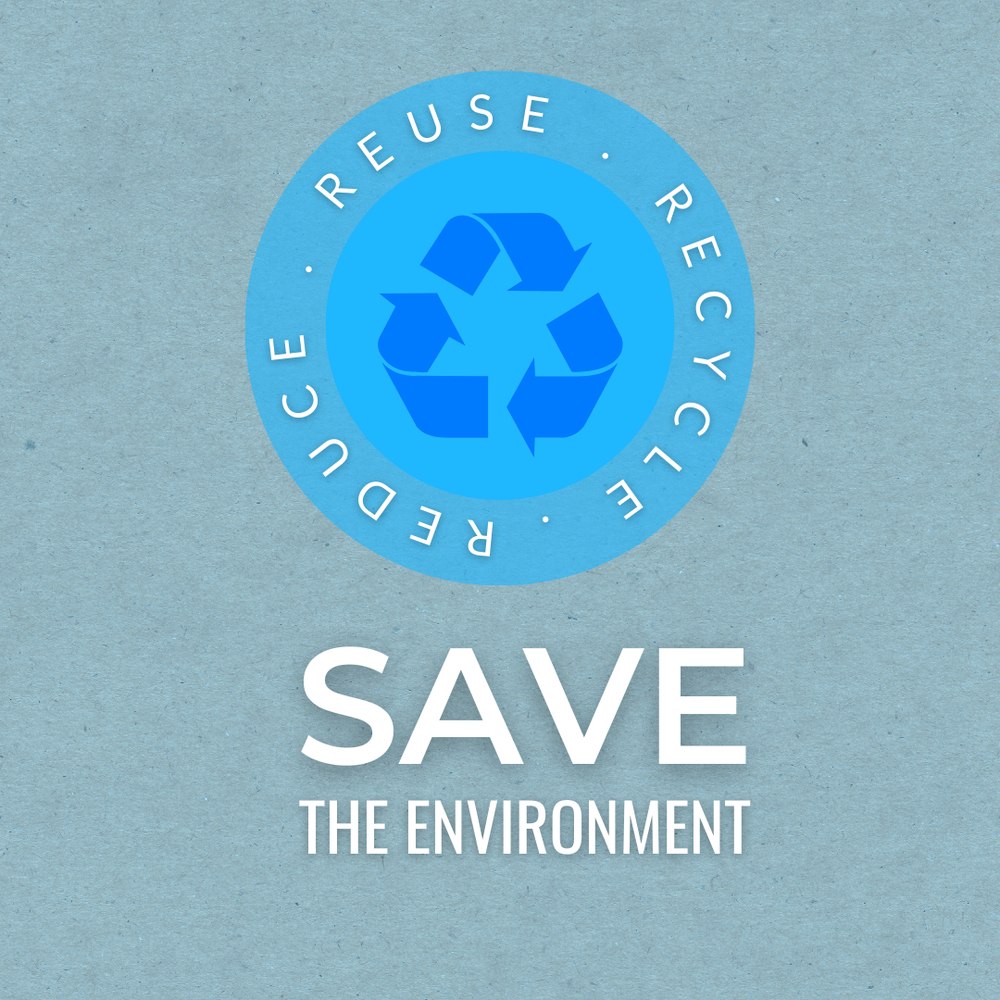Essential Recycling Tips: A Comprehensive Guide to Smarter Waste Management

Recycling is more than a buzzword; it’s a crucial part of sustainable living. By rethinking how we handle waste, we can significantly reduce our environmental footprint. Here’s a detailed guide with practical recycling tips to help you recycle more effectively.
1. Understand What Can Be Recycled
One of the biggest challenges in recycling is knowing what materials are acceptable. Here’s a quick rundown:
Paper and Cardboard: Newspapers, magazines, cardboard boxes, and office paper.
Glass: Bottles and jars (make sure they’re clean and free of food residue).
Plastics: Bottles, containers, and packaging (check for the recycling symbol and number).
Metals: Aluminium cans, tin cans, and some metal containers.
Electronics: Old phones, computers, and other electronic devices, which often have dedicated recycling programs.
2. Clean Your Recyclables
Contaminated recyclables can spoil entire batches, making them non-recyclable. Rinse out food and drink containers before placing them in the recycling bin. For example, a pizza box soiled with grease should be composted instead of recycled.
3. Flatten and Crush
To save space in your recycling bin, flatten cardboard boxes and crush cans and plastic bottles. This simple step maximises space and makes the recycling process more efficient.
4. Separate Materials Correctly
Different materials need to be recycled separately. For instance, glass bottles should be separated from plastic containers. Many recycling programs have specific guidelines, so check with your local recycling facility for exact instructions.
5. Avoid Plastic Bags
Plastic bags can jam recycling machinery. Instead of using them to collect recyclables, use a bin or reusable bag that you can empty directly into your recycling container.
6. Don’t Wish-Cycle
Wish-cycling is when you toss items into the recycling bin hoping they can be recycled. Items like greasy pizza boxes, certain plastics, and electronics often require special handling. When in doubt, check local recycling guidelines.
7. Recycle Electronics Responsibly
Electronics contain hazardous materials and require special recycling methods. Many communities have designated e-waste recycling events or drop-off locations. Retailers like Best Buy and Staples also offer electronic recycling programs.
8. Compost Organic Waste
Food scraps, yard waste, and other organic materials don’t belong in the recycling bin but can be composted. Composting reduces landfill waste and creates nutrient-rich soil for gardening.
9. Reuse Before Recycling
Recycling is essential, but reusing items can be even more impactful. Use glass jars for storage, repurpose cardboard boxes for organising, and find creative ways to give items a second life before recycling.
10. Stay Informed and Educate Others
Recycling programs and guidelines can change, so stay informed about local regulations. Share your knowledge with family, friends, and neighbours to promote community-wide recycling efforts.
Conclusion
Recycling effectively requires a bit of effort and knowledge, but the environmental benefits are substantial. By understanding what can be recycled, preparing items correctly, and following local guidelines, you can make a significant impact. Remember, every small action contributes to a healthier planet. Start implementing these recycling tips today and encourage others to do the same. Together, we can make a difference.
Author: Spencer Murphy
26 June 2024
Still have questions?
You can send us message, call or chat live with an expert for personalised advice.